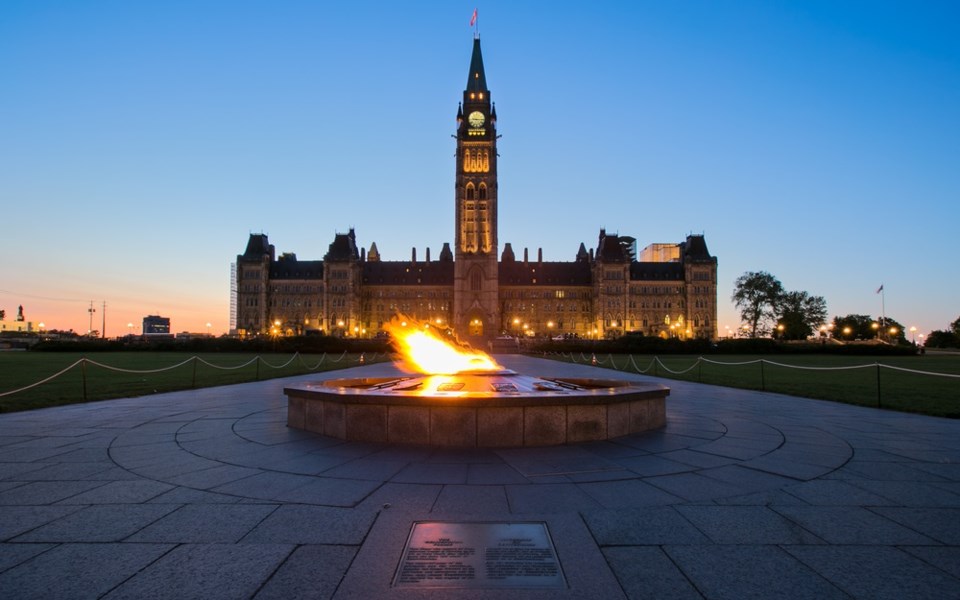A CPC bill seeking to formalize the process for parliamentarians to obtain security clearances opened up a pandora’s box of questions last week, with one official suggesting it’s too “ambiguous.”
The procedure and House affairs committee continued to study CPC MP Alex Ruff’s Bill C-377, which pushes to ensure MPs and Senators applying for clearance are “deemed” to be in need of access to such information. Ruff argued the process needs to be more transparent, especially in the wake of foreign interference efforts targeting MPs in recent years.
Currently, MPs seeking clearance must get a sign-off from Privy Council Office’s (PCO) chief security officer Sean Jorgensen, who told the committee the bill is “ambiguous” on whether that will change if the bill passes.
“Up until this point, it’s been the PCO that has done that,” Jorgensen explained.
NDP MP Lindsay Mathyssen suggested an “onslaught” of requests from hundreds of MPs could put a squeeze on Jorgensen’s “capacity” to respond.
Jorgensen said the bill does not specify whether parliamentarians would go through a process similar to that used for public servants to secure clearances. If that is the case, the clearances would last for 10 years.
Treasury Board Secretariat’s senior assistant deputy minister Mike MacDonald explained that deputy heads of organizations decide whether public servants need clearance. The employees must clear background checks and questions about their “loyalty to Canada.”
“You don't ask for a clearance. Your department has decided that you need it, then you as a candidate provide a range of information about yourself,” MacDonald said.
If somebody is denied a clearance or has an existing one revoked, there is a “redress” process for those wanting to challenge a decision from there.
Jorgensen said the committee should consider what would happen in the case a parliamentarian was denied a clearance or had an existing one revoked.
"What implication would that have for the individual MP, for their party, their caucus or leader of that party and Parliament more generally?” he wondered.




